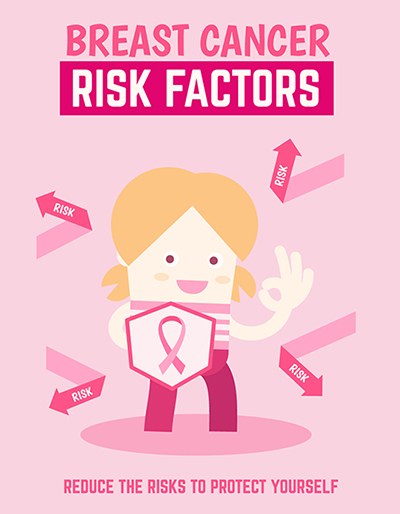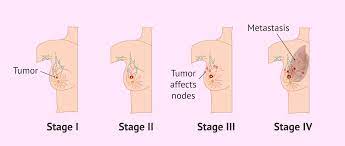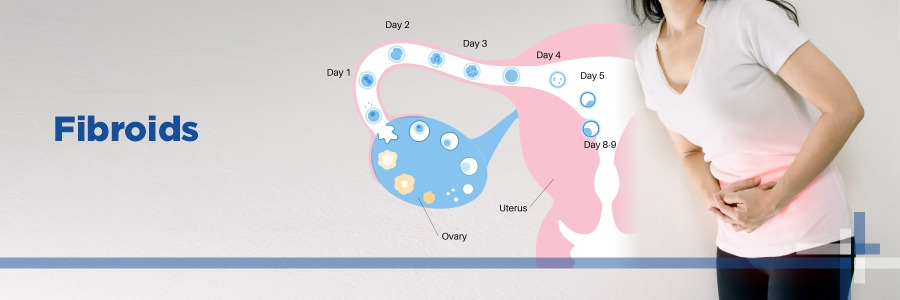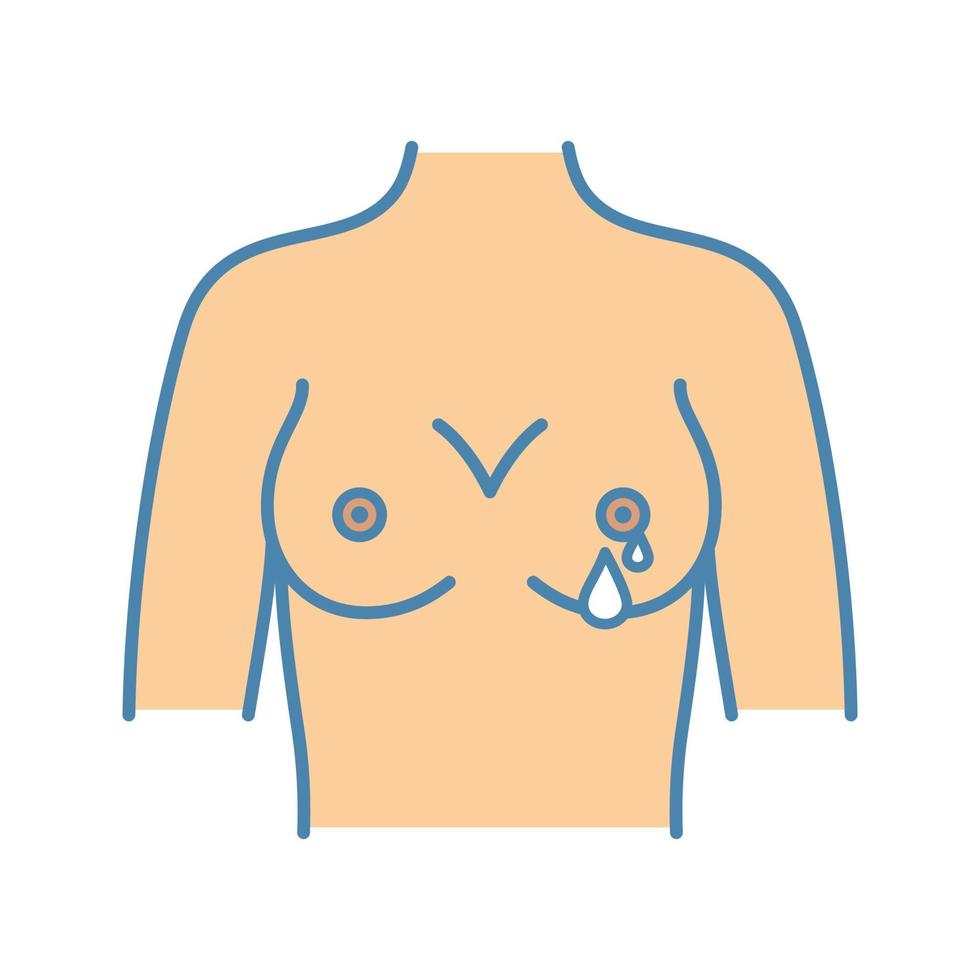A risk factor is any factor or characteristic that increases a person’s likelihood of developing breast cancer. Breast cancer risk factors can be categorized into two main types: modifiable and non-modifiable.
Non-Modifiable Risk Factors:
- Gender: Breast cancer is much more common in women, although men can also develop it.
- Age: The risk of breast cancer increases with age, with most cases occurring in women over 50.
- Family History: Having a close relative (mother, sister, or daughter) with a history of breast cancer increases your risk, especially if it was premenopausal or if multiple family members are affected.
- Genetic Mutations: Inherited mutations in the BRCA1, BRCA2, and other genes can significantly increase the risk of breast cancer.
- Personal History: If you’ve had breast cancer in one breast, you have an increased risk of developing it in the other breast or in another part of the same breast.
- Certain Benign Breast Conditions: Some non-cancerous breast conditions, such as atypical hyperplasia, can raise your risk.
Modifiable Risk Factors:
- Hormone Replacement Therapy (HRT): Long-term use of combined hormone replacement therapy, especially estrogen and progestin, can increase the risk of breast cancer.
- Oral Contraceptives: Some birth control pills with high-dose estrogen can be associated with a slightly increased risk of breast cancer.
- Childbirth and Breastfeeding: Women who have their first child after age 30 or do not breastfeed may have a slightly increased risk.
- Alcohol Consumption: Regular and heavy alcohol consumption is associated with an increased risk of breast cancer.
- Obesity: Being overweight or obese, especially after menopause, can elevate the risk.
- Lack of Physical Activity: Inactivity and a sedentary lifestyle are associated with a higher risk.
- Radiation Exposure: Prior exposure to ionizing radiation, such as in chest X-rays or radiation therapy for other conditions, can increase the risk.
- Diet: A diet high in saturated fat and low in fruits and vegetables may contribute to an increased risk, although the relationship is not fully understood.
It’s important to note that having one or more risk factors doesn’t guarantee the development of breast cancer, and not having risk factors doesn’t mean you’re immune. Breast cancer is a complex disease, and both genetic and lifestyle factors play a role.
Regular breast cancer screening and early detection are crucial, especially for individuals with higher risk factors, as they can lead to earlier diagnosis and more effective treatment. If you have concerns about your breast cancer risk, you should discuss them with a healthcare provider who can provide personalized guidance and recommend appropriate screenings or risk reduction strategies.
For further guidance, consult Dr. Rajinder Kaur Saggu, one of the top Breast Surgeon in Delhi.




